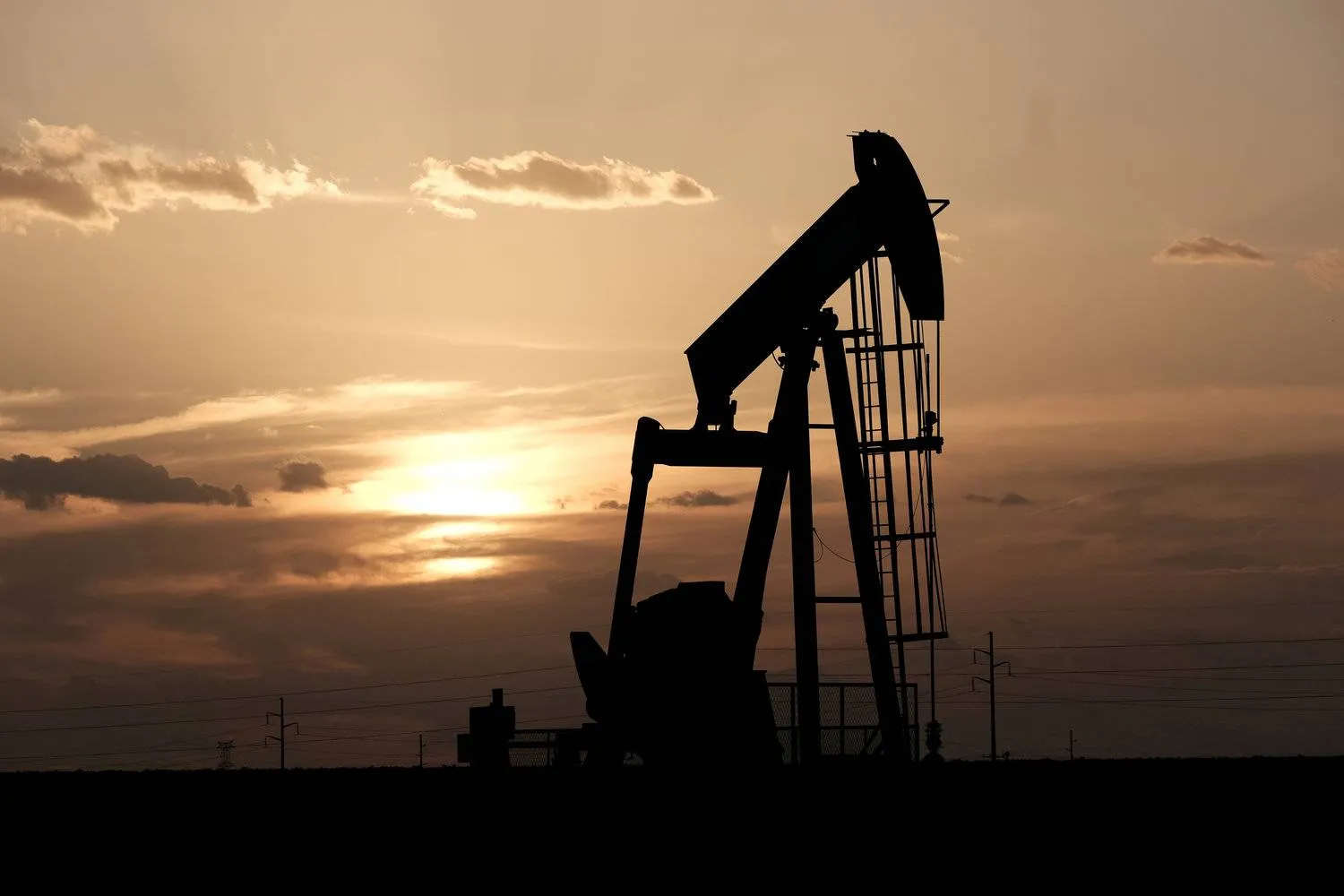Oil prices tumbled more than $3 a barrel on Monday after Israel's retaliatory strike on Iran over the weekend bypassed Tehran's oil and nuclear facilities and did not disrupt energy supplies, easing geopolitical tensions in the Middle East.
Both Brent and US West Texas Intermediate crude futures hit their lowest levels since Oct. 1 at the open. By 0750 GMT, Brent was at $72.92 a barrel, down $3.13, or 4.1%, while WTI slipped $3.15, or 4.4%, to $68.63 a barrel, Reuters said.
The benchmarks gained 4% last week in volatile trade as markets priced in uncertainty around the extent of Israel's response to the Iranian missile attack on Oct. 1 and the US election next month.
Scores of Israeli jets completed three waves of strikes before dawn on Saturday against missile factories and other sites near Tehran and in western Iran, in the latest exchange in the escalating conflict between the Middle Eastern rivals.
The geopolitical risk premium that had built in oil prices in anticipation of Israel's retaliatory attack came off, analysts said.
"The more limited nature of the strikes, including avoiding oil infrastructure, have raised hopes for a de-escalatory pathway, which has seen the risk premium come off a few dollars a barrel," Saul Kavonic, a Sydney-based energy analyst at MST Marquee, said.
"The market will be watching closely for confirmation Iran won't counter attack in the coming weeks, which could see the risk premium rise again."
Commonwealth Bank of Australia analyst Vivek Dhar expects market attention to turn to ceasefire talks between Israel and Iran-backed militant group Hamas that resumed over the weekend.
"Despite Israel’s choice of a low aggression response to Iran, we have doubts that Israel and Iran’s proxies (i.e. Hamas and Hezbollah) are on track for an enduring ceasefire," he said in a note.
Citi lowered its Brent price target in the next three months to $70 a barrel from $74, factoring in a lower risk premium in the near term, its analysts led by Max Layton said in a note.
Analyst Tim Evans at US-based Evans Energy said in a note: "We think this leaves the market at least somewhat undervalued, with some risk OPEC+ producers may push back the planned increase in output targets beyond December."
In October, the Organization of the Petroleum Exporting Countries and their allies, a group known as OPEC+, kept their oil output policy unchanged including a plan to start raising output from December. The group will meet on Dec. 1 ahead of a full meeting of OPEC+.
Oil Slumps More than 4% after Iran Downplays Israeli Strikes

Oil pump jacks work at sunset near Midland, Texas, US, August 21, 2019. REUTERS/Jessica Lutz/File Photo

Oil Slumps More than 4% after Iran Downplays Israeli Strikes

Oil pump jacks work at sunset near Midland, Texas, US, August 21, 2019. REUTERS/Jessica Lutz/File Photo
لم تشترك بعد
انشئ حساباً خاصاً بك لتحصل على أخبار مخصصة لك ولتتمتع بخاصية حفظ المقالات وتتلقى نشراتنا البريدية المتنوعة







